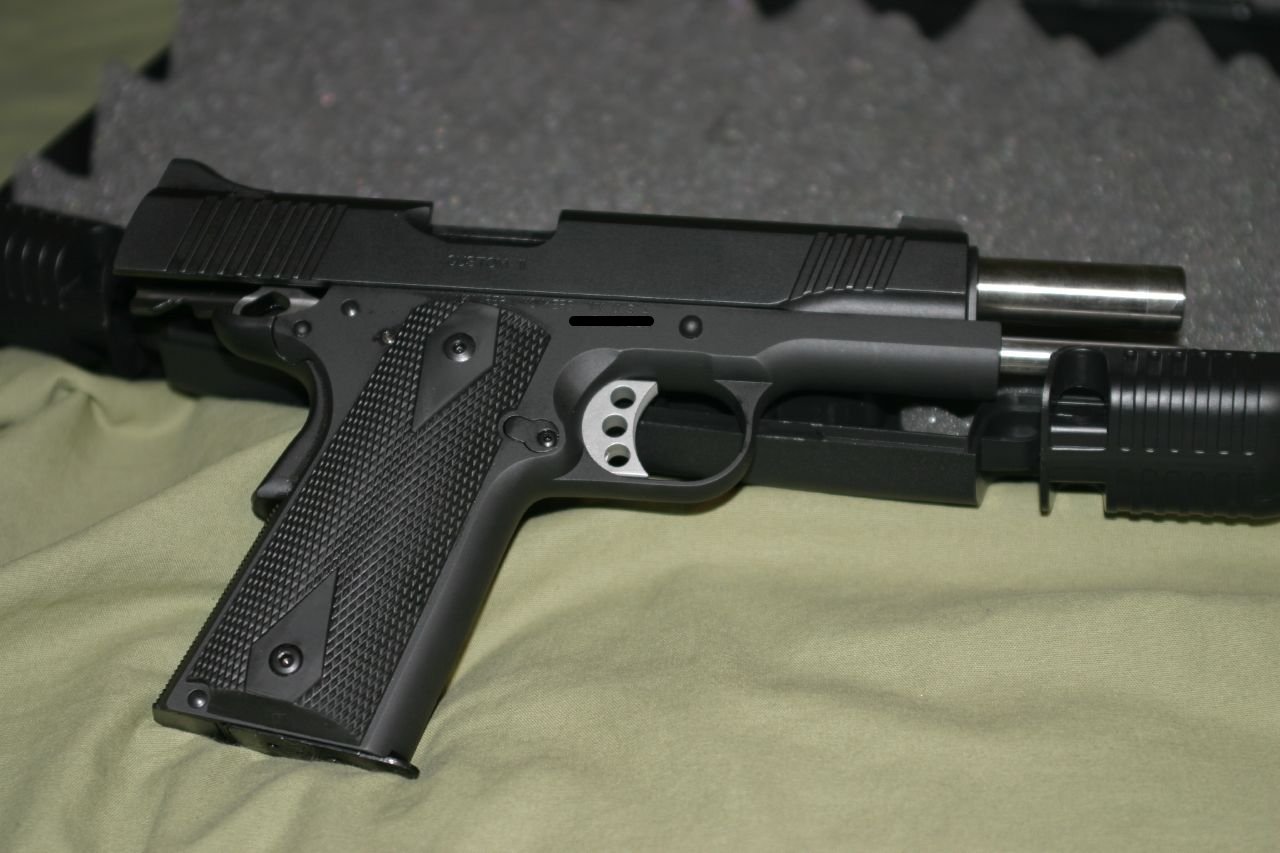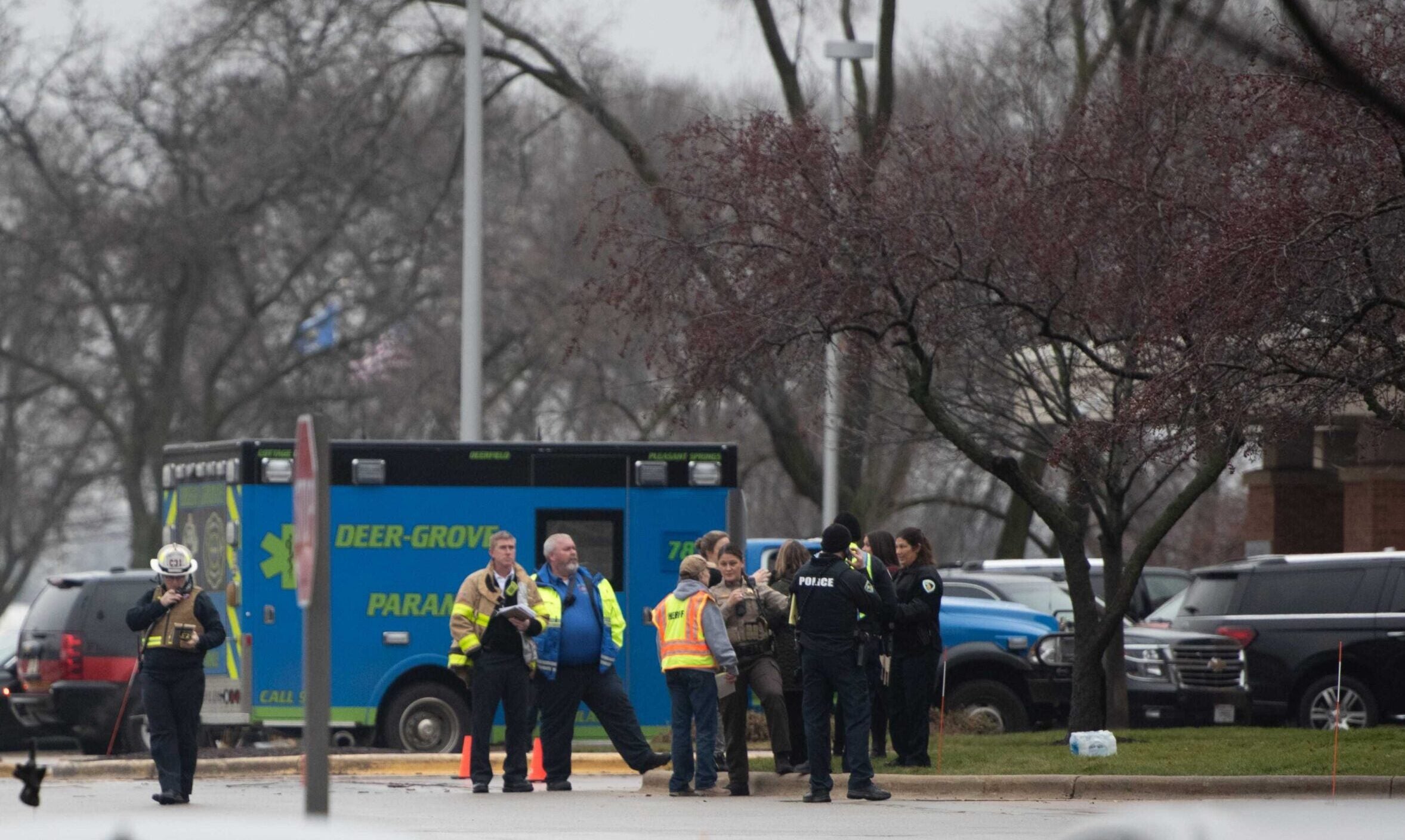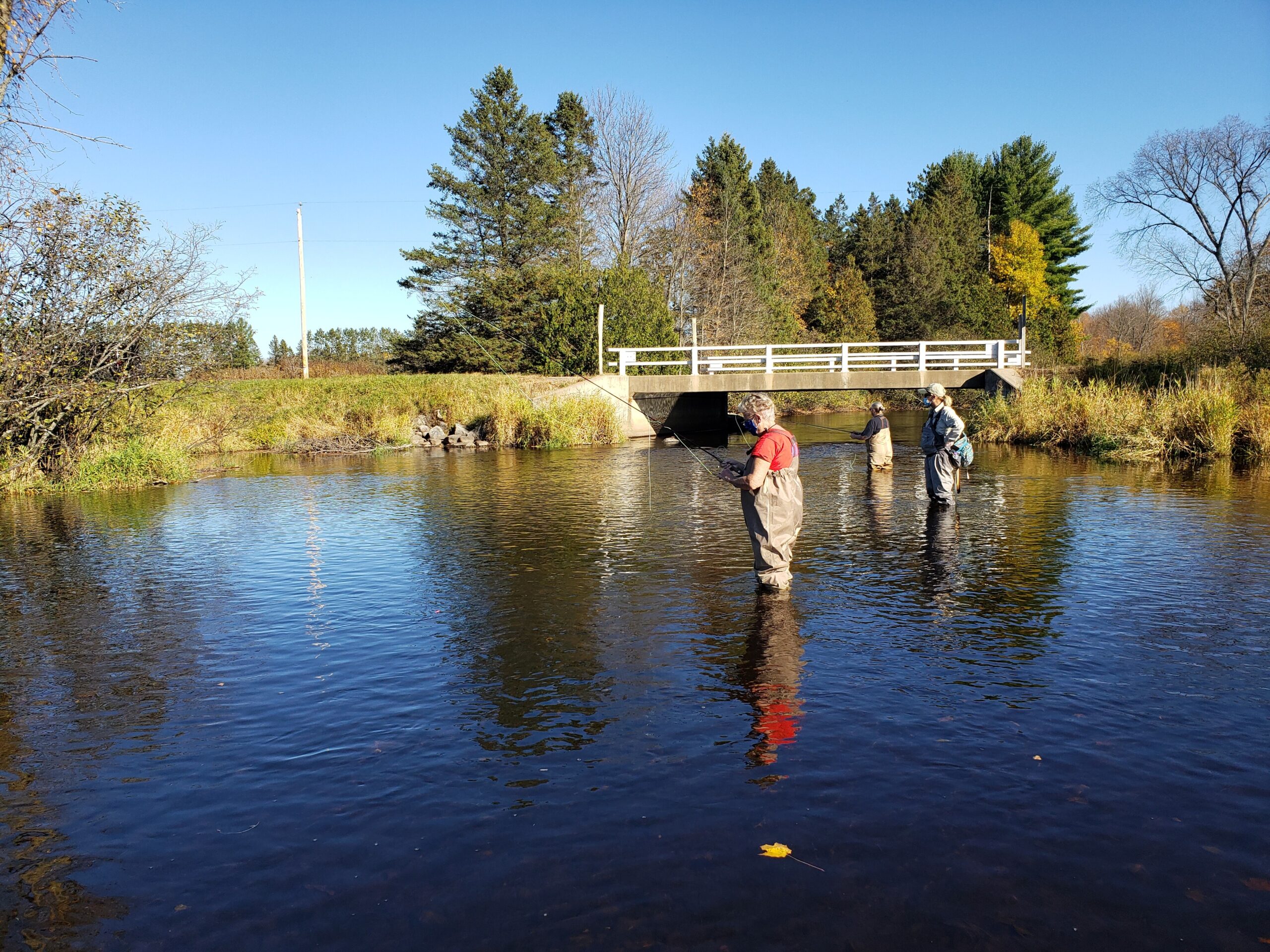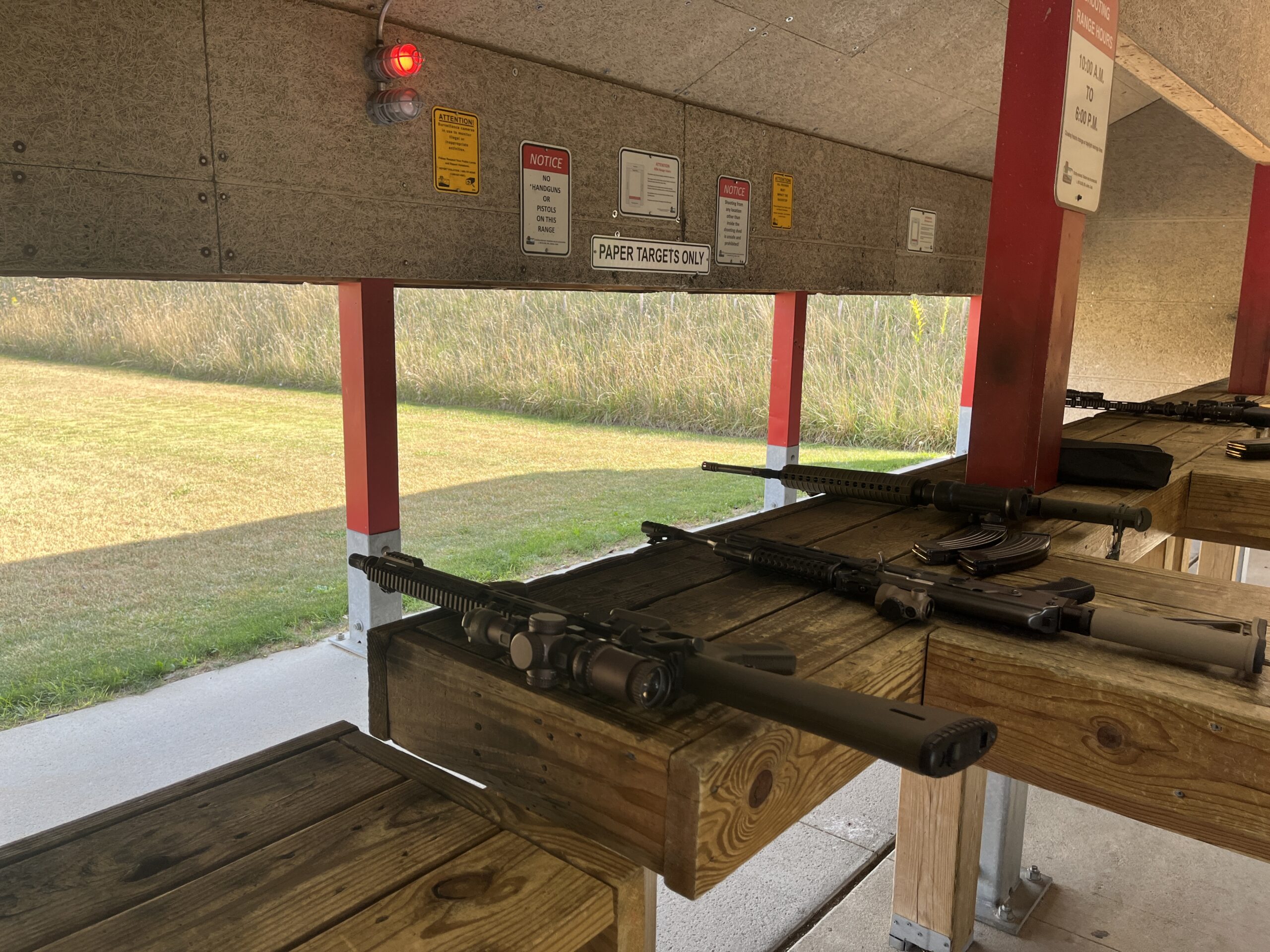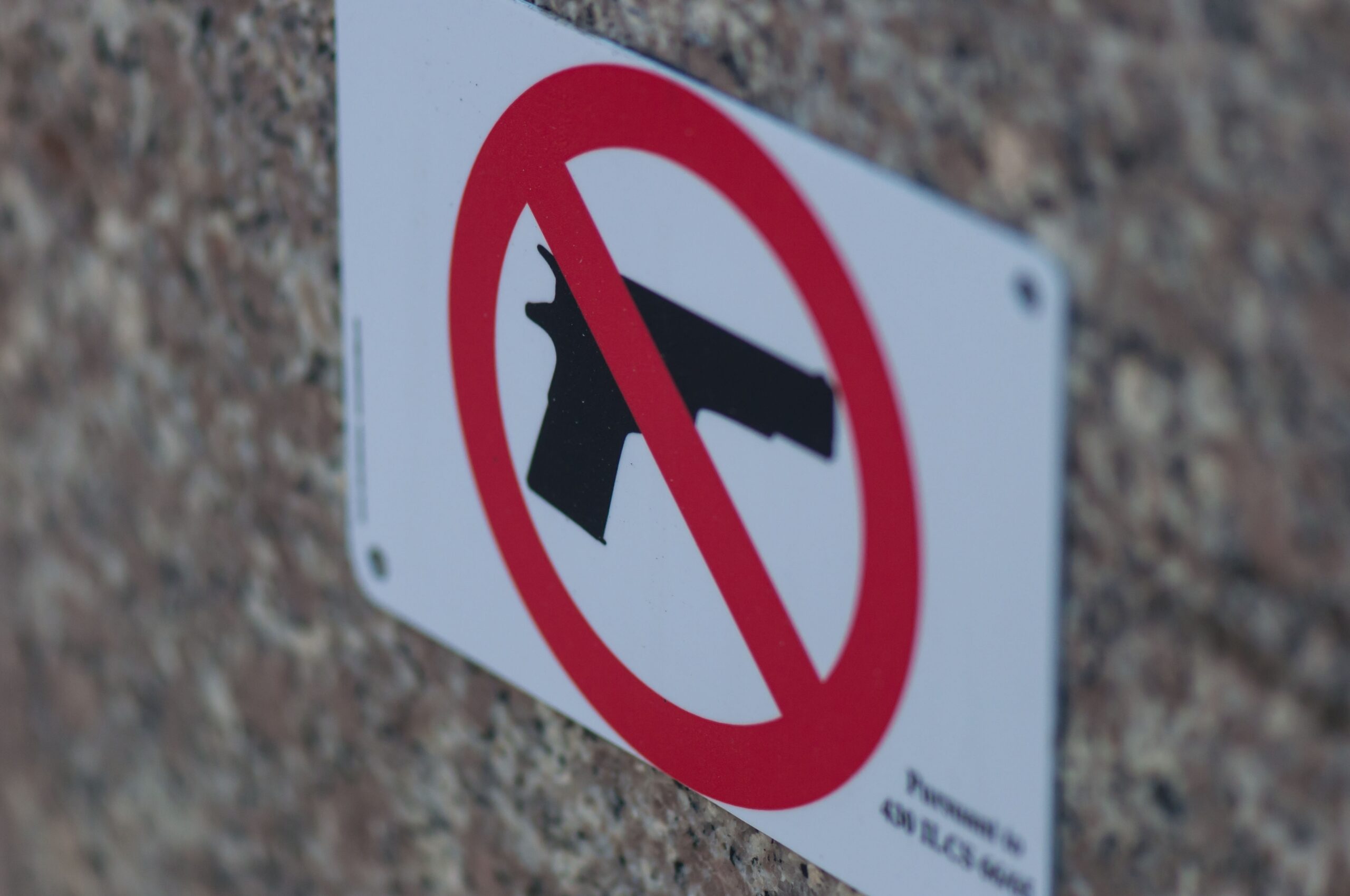Gun sales usually spike following mass shootings like the one in an Orlando, Florida, nightclub last weekend. A northern Wisconsin professor warns arming ourselves might not be the answer, but some gun rights advocates say people should be able to defend themselves.
Angela Stroud, assistant professor of sociology and social justice at Northland College in Ashland, said mass shootings like Orlando feed fears that people are “sitting ducks” if they’re unarmed. Stroud is author of “Good Guys with Guns: The Appeal and Consequences of Concealed Carry.“
“This has become the answer to gun violence that we just need more people who are armed and for me that’s where the problem lies,” said Stroud.
Stay informed on the latest news
Sign up for WPR’s email newsletter.
Stroud, a gun owner, said more discussion is needed on controlling who can buy guns and what training should be required to reduce gun-related deaths.
“What sorts of training do we want do we want to be required? What are the hoops that we think are reasonable for people to have to jump through to be able to arm themselves in self-defense,” said Stroud.
She said policymakers should take what measures they can to reduce the roughly 33,000 deaths related to guns each year, according to the most recent data from the U.S. Centers for Disease Control and Prevention.
“I think some of those include people who have a history of domestic violence — strengthening the sorts of controls that exist around their access to guns,” she said.
She also highlighted issues surrounding weapons that are taken from — and then returned to — people who have a history of mental illness and violence.
But, Wisconsin gun rights supporters say restrictions aren’t the answer. Jeff Nass, executive director of Wisconsin Firearms Owners, Ranges, Clubs and Educators, known as FORCE, likened carrying concealed weapons to wearing seat belts.
“I don’t ever want to take my guns out unless I’m at the range or at home to clean them, but I don’t want to be without it if something does arise,” he said.
Nass said gun laws hurt law-abiding citizens by making it more difficult and expensive to defend themselves.
“They don’t stop the criminals,” he said. “The criminals, if their intent is evil, they will figure out a way.”
Nass said he’d like to see lawmakers consider national reciprocity where every state would recognize concealed carry permits like they do drivers licenses. In 2011, Wisconsin became the 49th state to allow residents to carry concealed weapons. More than 40,000 people were licensed to carry a concealed weapon in 2015, according to figures from the Wisconsin Department of Justice.
Wisconsin Public Radio, © Copyright 2025, Board of Regents of the University of Wisconsin System and Wisconsin Educational Communications Board.
